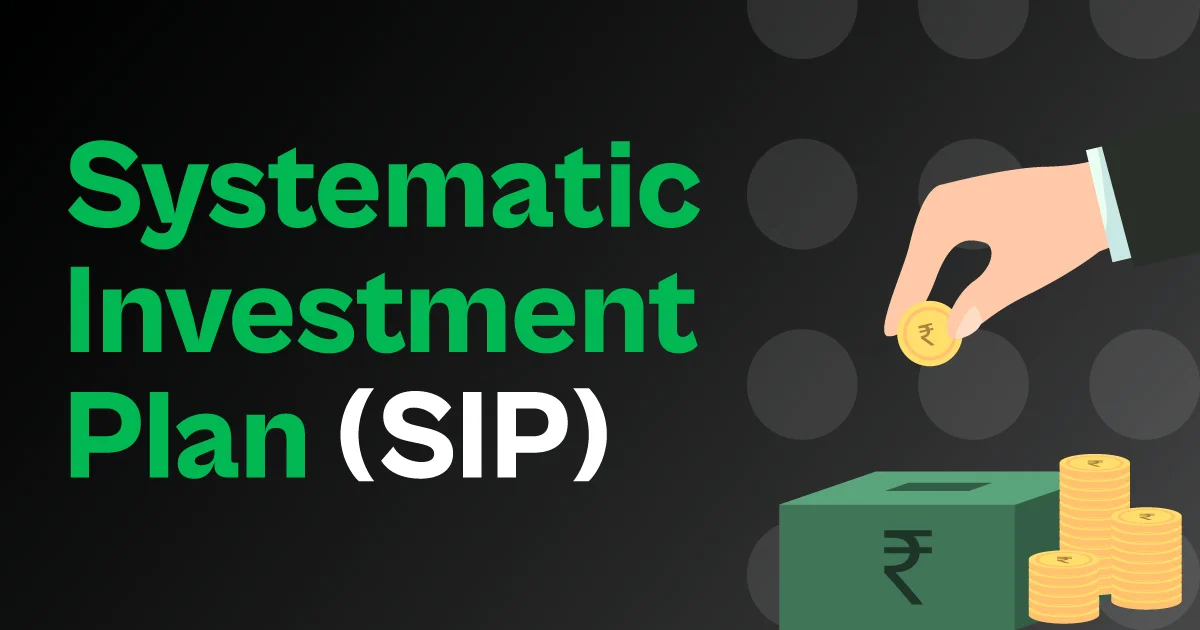Now Reading: Credit Score Explained: Why It Matters and How to Improve It
-
01
Credit Score Explained: Why It Matters and How to Improve It
Credit Score Explained: Why It Matters and How to Improve It

Your credit score is more than just a number — it plays a key role in your financial journey. Whether you’re applying for a loan, credit card, or even a mobile EMI, lenders use your credit score to judge your creditworthiness. For many in India, especially in Tier 2 cities where financial awareness is still growing, understanding and maintaining a good credit score can open doors to better financial opportunities.
What Is a Credit Score?
A credit score is a three-digit number that reflects your credit history and repayment behavior. It typically ranges from 300 to 900, with a score above 750 considered excellent. This score is calculated based on your credit card usage, loan repayments, credit mix, and the number of hard inquiries made by lenders.
Banks, NBFCs, and even fintech apps use this score to decide whether to approve your application and what interest rate to offer.
Why Does Your Credit Score Matter?
A good credit score can lead to faster loan approvals, lower interest rates, and higher credit limits. On the other hand, a poor score might result in application rejections or costlier borrowing terms.
For salaried professionals, small business owners, or self-employed individuals in growing towns, this score becomes crucial when planning large purchases like homes, vehicles, or business investments.
Key Factors That Impact Your Credit Score
- Payment History – Missed or delayed payments lower your score.
- Credit Utilization – Using too much of your available credit can be a red flag.
- Credit Mix – A balance between secured (like home loans) and unsecured (like credit cards) loans helps.
- Length of Credit History – A longer, consistent history shows stability.
- Number of Inquiries – Frequent applications for loans or cards may reduce your score.
How to Improve Your Credit Score
- Pay EMIs and credit card bills on time. Even one missed payment can have a negative impact.
- Keep credit utilization below 30% of your total credit limit.
- Avoid taking multiple loans at once or applying for several credit cards in a short period.
- Regularly check your credit report for any errors or fraudulent entries and report them.
- Maintain older accounts. Closing long-standing credit cards can shorten your credit history.
Indian Relevance and Awareness
While awareness around credit scores is growing in metro cities, many in Tier 2 and Tier 3 towns still consider credit ratings as relevant only during big loan approvals. However, with the rise of digital credit services, BNPL (Buy Now Pay Later) apps, and instant personal loans, even small purchases can now influence your credit profile.
A strong credit score is now as essential as a bank account — and often just as easy to maintain, with some discipline.
Conclusion
Your credit score can be a powerful tool to build a financially secure future. By understanding what affects it and how to improve it, you can ensure better access to credit when needed — without the stress of high interest or rejections. In today’s India, where financial literacy is becoming more important by the day, managing your credit score is not just smart — it’s necessary.

























